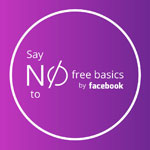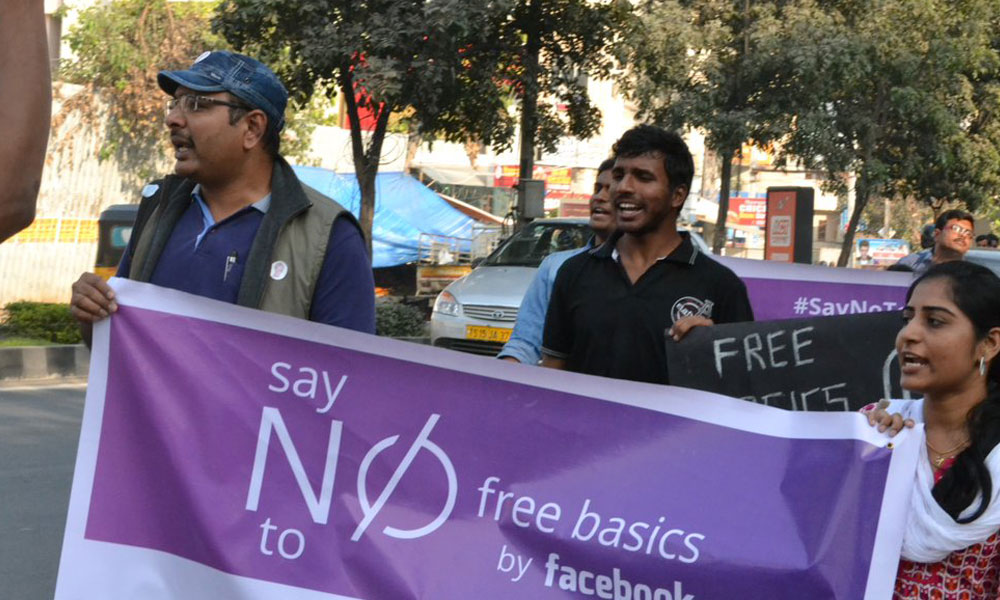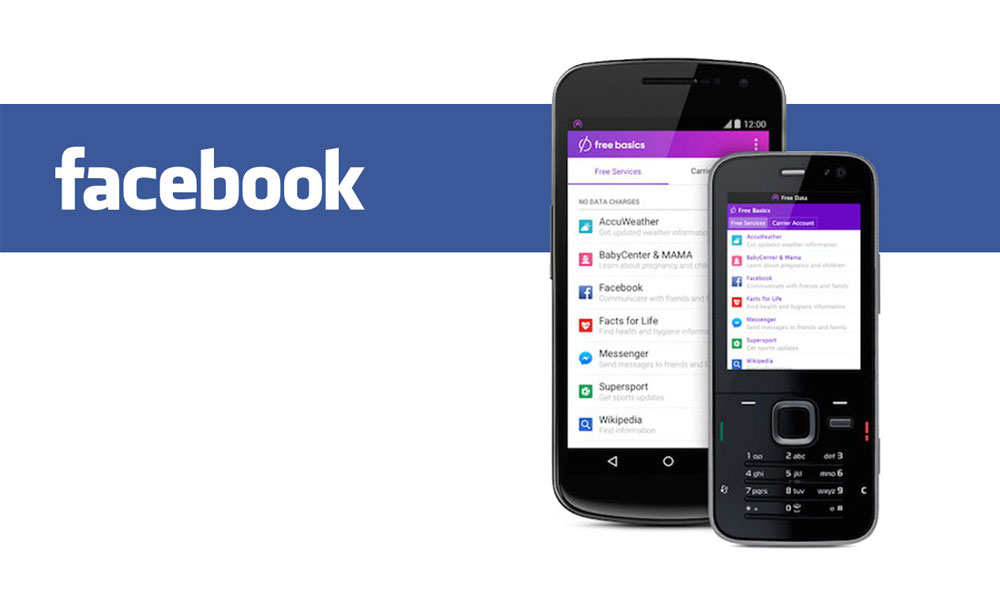 Facebook's Free Basics provides free access to a list of internet services. It's lightweight, and it's the service Facebook claims to brought the internet to more than 19 million people who wouldn't otherwise have been able to. But no one has ever said that connecting the world to the internet would be easy, even for the company as influential as Facebook.
Facebook's Free Basics provides free access to a list of internet services. It's lightweight, and it's the service Facebook claims to brought the internet to more than 19 million people who wouldn't otherwise have been able to. But no one has ever said that connecting the world to the internet would be easy, even for the company as influential as Facebook.
Free Basics has been received positive to many and also bad in many other places. One of which is in India. Despite Facebook's aggressive move to promote the connectivity to the country, Facebook is not going far by much. In fact, it's been struct by India's telecommunication regulator and has been banned.
This is a part of their ruling that supports Internet Neutrality.
The decision comes about a year after the escalating conflict between the social giant and India's Internet Neutrality activists that also include 50 professors from India's preeminent educational institutions. They argue the service to violate Internet Neutrality by favoring access to some services above others.
The ruling follows a period of public discussions after Indian regulators released a whitepaper that detailed data pricing differences back in December 2015. Activists in India have responded and registered their opinions.
The Telecom Regulatory Authority of India (TRAI) ultimately said in its ruling that no service provided can "offer or charge discriminatory tariffs for data services on the basis of content." The effect, the regulators are banning "zero-rating." The regulators said that by working with telecommunication companies in the country, they can make some services free, and others not. But Facebook's Free Basics is seen to be unfair in helping some by disadvantaging others.
The ruling significantly weakens Facebook Mark Zuckerberg's larger goal for Internet.org to bring internet access to the rest of the world.
A Rough Start, Right From The Beginning

Free Basics was rolled out in the form of an app, which at the time was called Internet.org app, in India on February 2015. Facebook partners with several carriers and organizations in the country to make this happen.
A few months later, on April 2015, several publishers withdrew from the program, saying that it violated the principles of Internet Neutrality. Because Free Basics isn't treating internet services equally by making some free while others aren't, people argued that Facebook was putting services it sees as competitors at a complete disadvantage.
Free Basics indeed isn't going along well with Internet Neutrality, but as Mark Zuckerberg stated, this isn't its intention. Facebook couldn't just put everything online for free. Free Basics has no intention to block the internet whatsoever, but he felt that the purpose was necessary to get people online quickly.
"These two principles - universal connectivity and net neutrality - can and must coexist," he wrote. Zuckerberg debated it as unfair because people who benefit from the free internet service were not online to support it.
The company then opened its developer platform in May 2015 so anyone could launch a service within the app. At the time, he also argued about the "reasonable" definition of Internet Neutrality, saying that "it's not an equal internet if the majority of people can't participate."
After listing the non-Facebook related services people could use, he asked: "Are we a community that values people and improving people's lives above all else? Or are we a community that puts the intellectual purity of technology above people's needs?"
While Zuckerberg has made some good points, his speech however also fueled critics a bit further. Groups from 31 countries signed an open letter to him, saying that Internet.org "violates the principles of net neutrality, threatening freedom of expression, equality of opportunity, security, privacy and innovation."
Facebook's attempt to minimize the cause was to rebrand Internet.org to Free Basics. This is Facebook's method to make it sound less vulgar. Facebook also increased its security among some other things.
As a way to defend the purpose of the app, Zuckerberg also hosted Prime Minister Nerendra Modi in Menlo Park. The next month, he held a town meeting at the Indian Institute of Technology in Delhi. During the event, he said that a million people were using Free Basics in India, bringing 15 million people online for the first time.
But in December, the Indian regulators didn't appeal well to Facebook nor Zuckerberg. The regulators issued a temporary ban on the service, and asked the public: why a country with only 19 percent of the population online, should have everyone online as quickly as possible but favoring some internet services above others.
"This isn’t about Facebook’s commercial interests - there aren't even any ads in the version of Facebook in Free Basics."
"If people lose access to free basic services, they will simply lose access to the opportunities offered by the internet today."
There are three flaws that they see wrapped under Facebook's Free Basics:
- Free Basics will allow Facebook to define what is "basic". So what Indians will have access to is decided by a private corporation.
- Facebook will have access to all your apps' contents. Because the company is in control of the encryption and decryption, Indians could risk having their privacy revealed.
- Free Basics is not free. The term 'free' in 'Free Basics' is seen as a marketing gimmick.
The ruling has disappointed Facebook, but the company isn't giving up just yet. Facebook is still trying to connect people, and it still insists in doing so.
"We will continue our efforts to eliminate barriers and give the unconnected an easier path to the Internet and the opportunities it brings."
Facebook Going Up And Beyond

For years, Mark Zuckerberg has a larger vision, outside his scope for Facebook. His aim was to connect more billions to the already billion people that have access to the internet; he wants to connect the whole world.
Facebook is having more than a billion users, and the number is still rising. However, there is a limit: the total number of internet users.
To go beyond what it has, Facebook should go beyond the limit. It needs to help the rest of the unconnected world to connect. At one side, those people will indeed benefit from the internet and everything it has to give. And on the other side, they will benefit Facebook because the more users are online, the more users will potentially use Facebook.
And since Facebook is one of the some exclusive app offered for free on Free Basics, Facebook could gain a significant boost in its user base.
While Facebook Free Basics arrived to India to offer great expectations, it's expecting people to welcome it with open arms. But the message to the country is seen to be more focusing on itself rather than the benefits it can give to telecommunication companies that support the effort. This fostered an increasing distrust from people to the company's future intentions.
Facebook and Zuckerberg's difficulties to provide free access to the limited internet highlights the problems other companies had stumbled. Companies such as Google and Xiaomi were also trying but haven't had real success yet. The developed worlds hold a huge potential to those that are able to tap into them, but the enormous number of potential users in the regions have been proven to be difficult to navigate, especially when regulators and local officials are protecting their territory, negating any outsiders to take away their pie.
Further reading: Internet.org And The Free Internet Neutrality Dilemma
